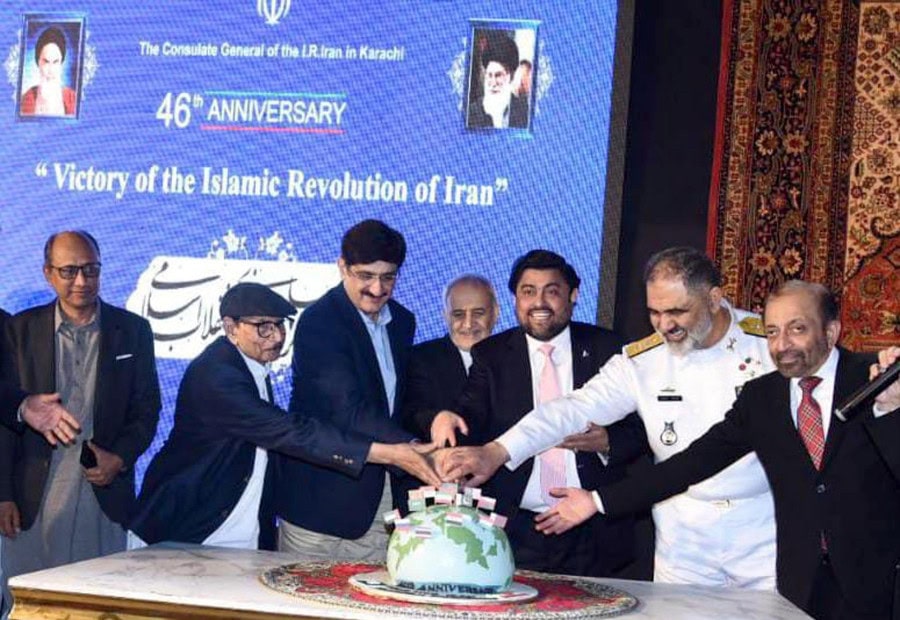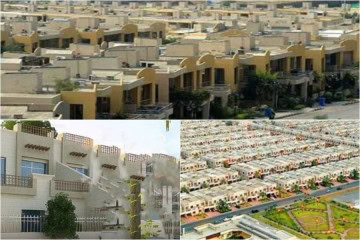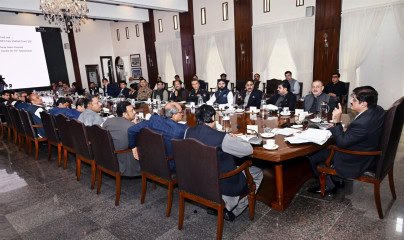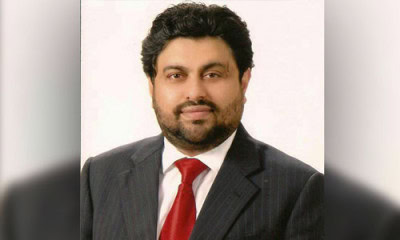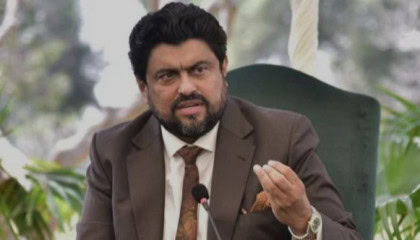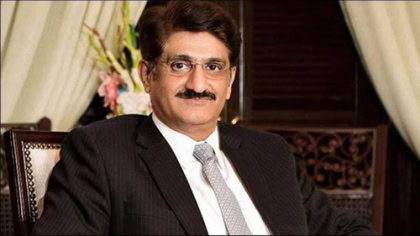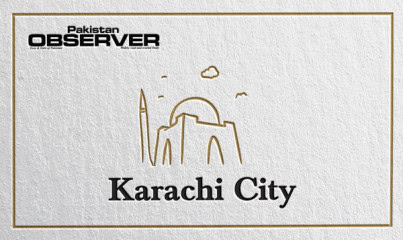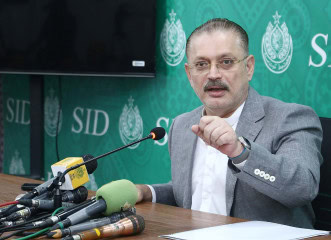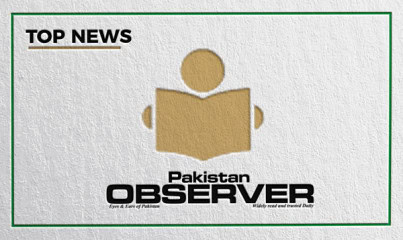Governor Sindh Muhammad Kamran Khan Tessori has reaffirmed Pakistan’s readiness, particularly in Sindh, to collaborate with Iran in all possible ways. He emphasized that Pakistan remains committed to strengthening ties with its neighbor and that the world should recognize this dedication. Speaking at a ceremony held at the Iranian Consulate to mark the 46th anniversary of the Iranian Revolution, Governor Tessori expressed his gratitude to Ayatollah Khamenei for facilitating the visit of the Iranian President to Pakistan. He assured that all recently signed Memorandums of Understanding (MoUs) between the two nations would be fully implemented to enhance bilateral cooperation.
The event was attended by Sindh Chief Minister, MQM leader Dr. Farooq Sattar, former Sindh Chief Minister Syed Qaim Ali Shah, Iranian Ambassador Dr. Reza Amiri Moghadam, and various consuls general, including representatives from Oman, Sri Lanka, Thailand, Indonesia, Malaysia, Kuwait, Russia, Bangladesh, Saudi Arabia, and Qatar. Also present was Chairman ABAD Hassan Bakshi. Upon his arrival at the consulate, Governor Sindh was warmly received by Consul General and the dean on Karachi Consular Corps Hassan Nourian and other diplomatic officials. He presented a bouquet to the consul general and extended his congratulations to the Iranian people on the anniversary of their revolution. Governor Tessori highlighted the enduring friendship between Pakistan and Iran, stating, “Ayatollah Khomeini will always be remembered worldwide.”
He further emphasized that both nations have consistently supported each other in difficult times and reaffirmed his commitment to strengthening these ties. The 46th anniversary of the Iranian Revolution is a moment of reflection for the Iranian people, commemorating the monumental events that led to the downfall of the Pahlavi monarchy and the establishment of the Islamic Republic. The revolution was not merely a political shift but a social, cultural, and spiritual transformation that paved the way for a governance model rooted in Islamic principles, justice, and sovereignty. Governor Tessori acknowledged Iran’s progress in education, healthcare, science, and technology, despite facing external pressures, sanctions, and political challenges.
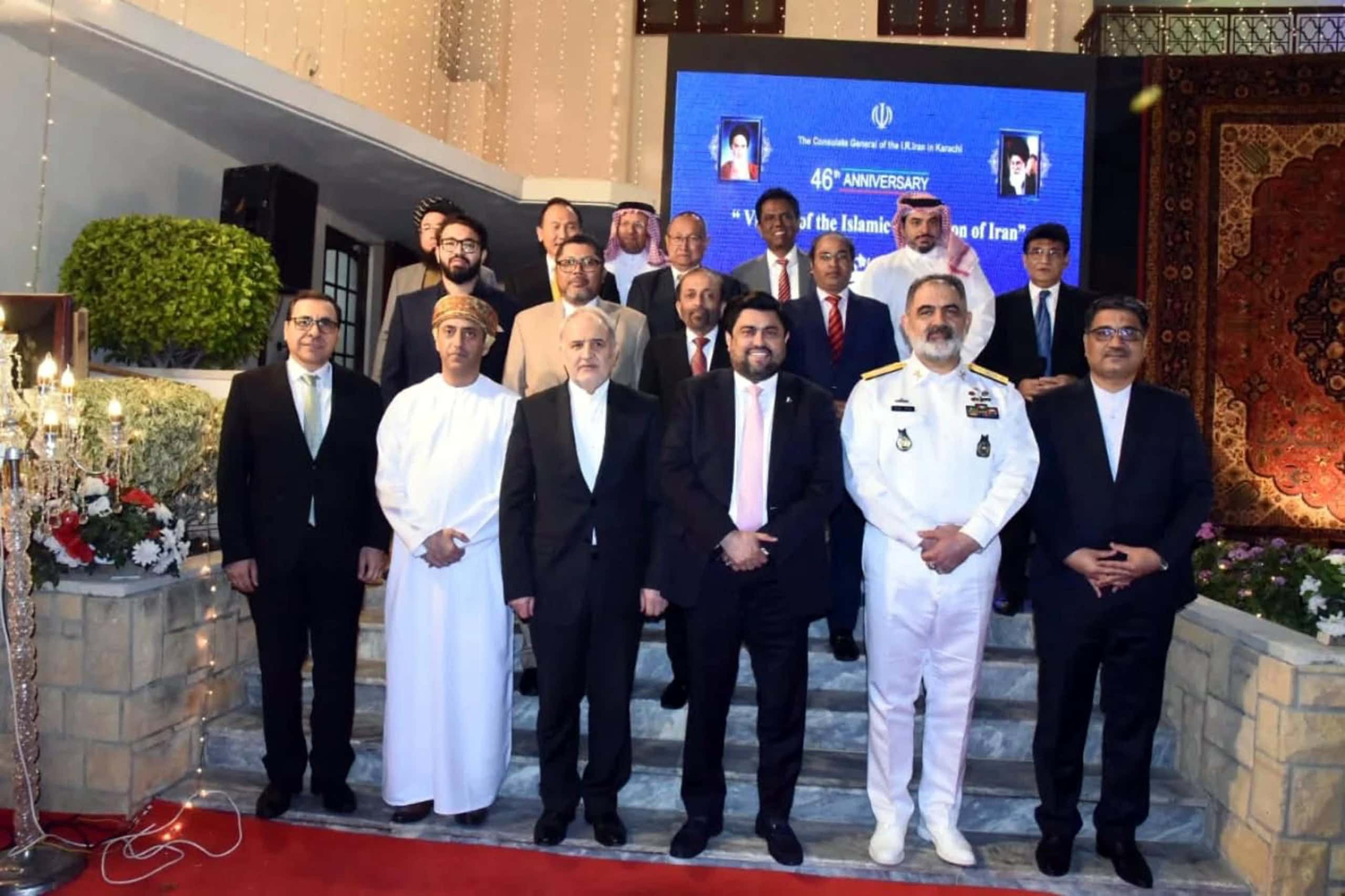
He praised Iran’s resilience and commitment to independence and Islamic values. He also emphasized that the Islamic Revolution introduced a governance model prioritizing justice and equity, ensuring that decision-making centered on the welfare of the people and Islamic values. He reaffirmed that the revolution’s legacy continues to inspire resilience and self-sufficiency. Governor Sindh also underscored the deep historical, cultural, and religious ties between Pakistan and Iran. He noted that their 900-kilometer shared border fosters a rich exchange of goods, ideas, and cultures. The Persian language, which has historically influenced Pakistan’s cultural landscape, continues to serve as a bridge between the two nations. He highlighted increased cooperation between Pakistan and Iran in energy, trade, and security, with strengthened ties in counter-terrorism, border security, and regional stability. He stated, “The Pakistan-Iran relationship is not just a partnership between governments; it is a deep connection between two peoples, cultures, and histories, bound by a shared commitment to peace and prosperity.”
Calling for greater unity among Muslim nations, Governor Sindh stressed, “The time has come for the Muslim Ummah to stand united for its rights.” He also expressed appreciation for Iran’s decision to send its naval chief to Pakistan, describing it as a positive step towards enhanced defense and diplomatic relations. Later, Governor Sindh visited an Iranian carpet exhibition at the consulate, where he admired the intricate and beautiful designs on display, appreciating the rich cultural heritage of Iran.

